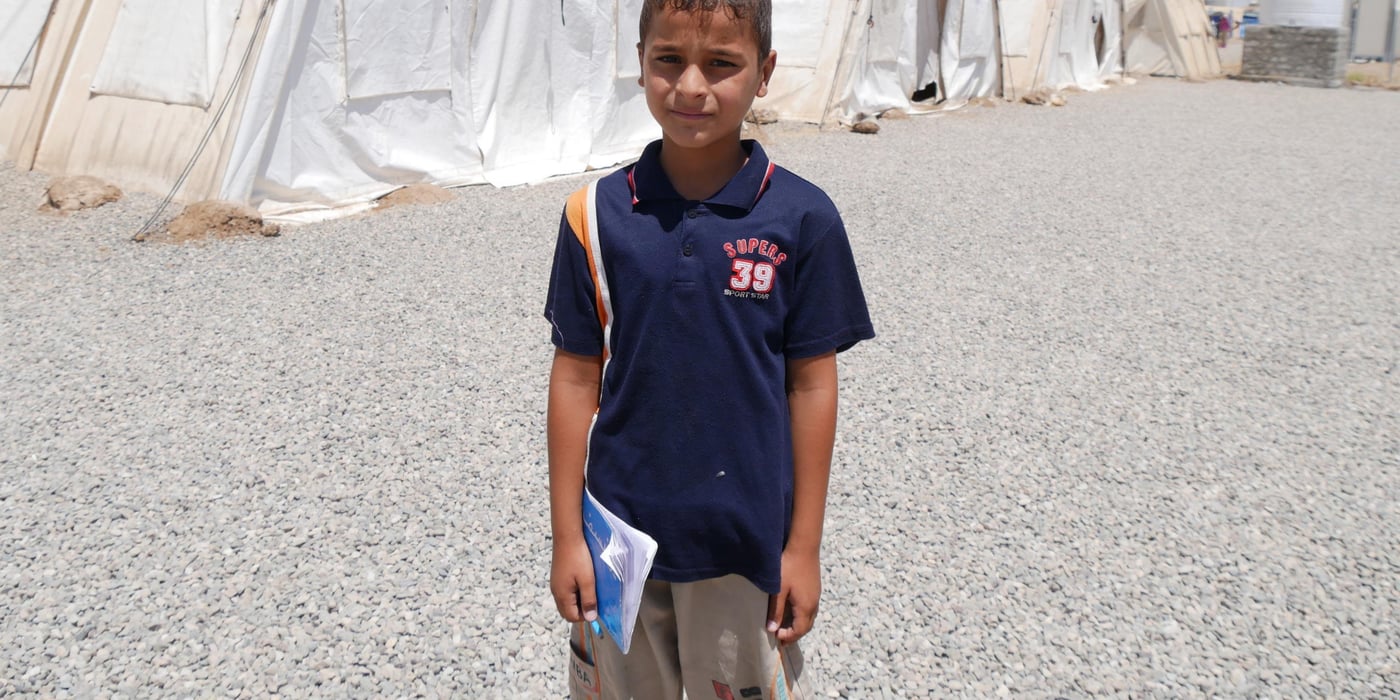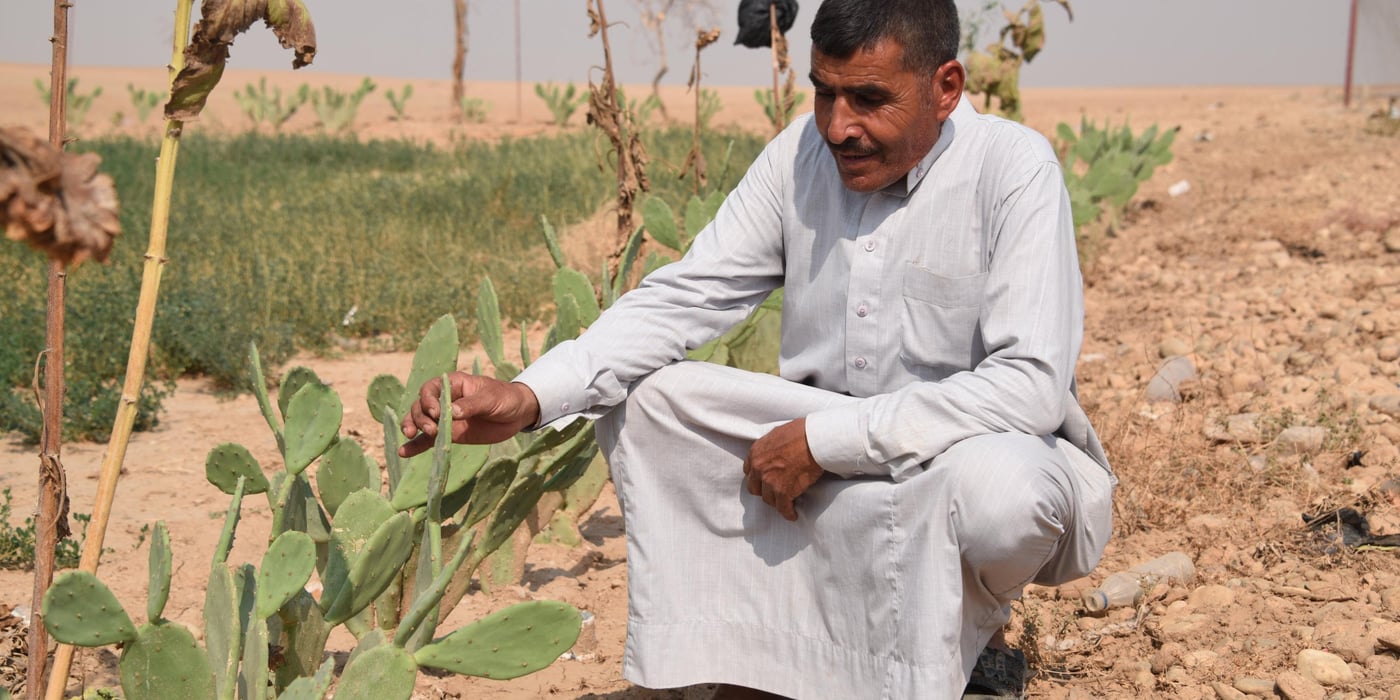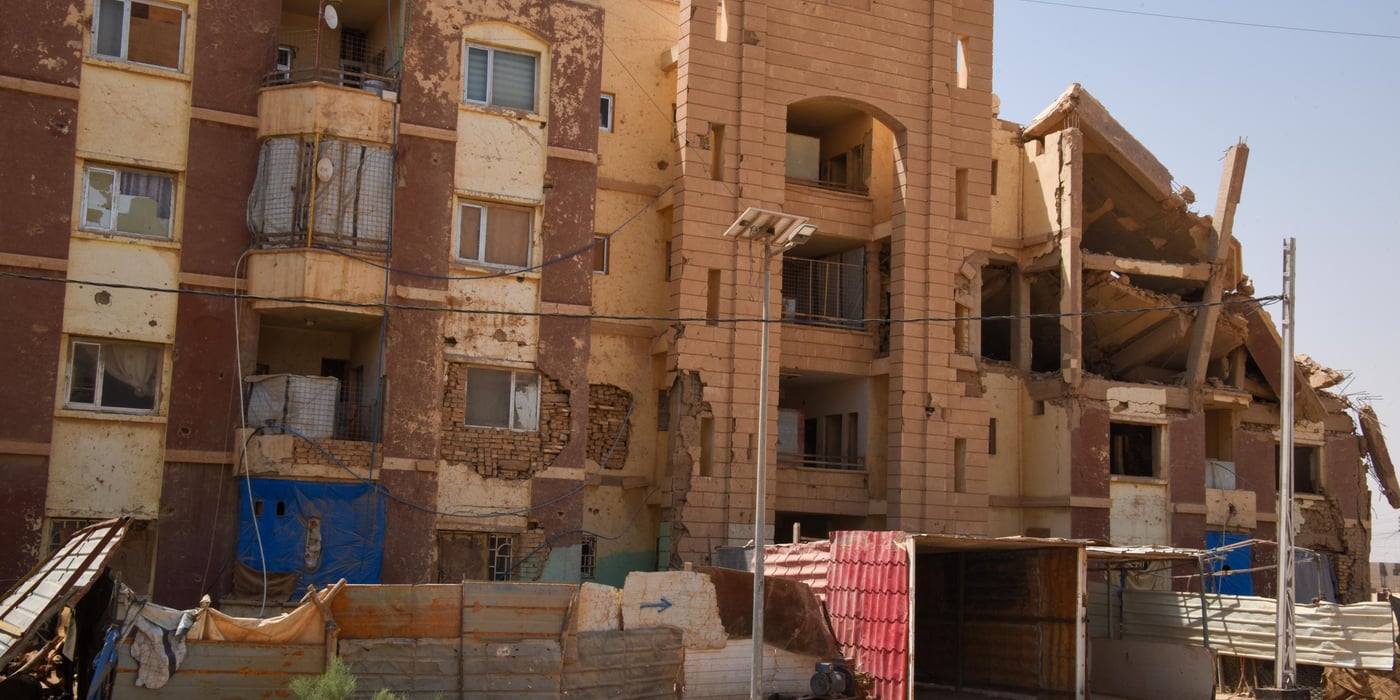
Since the Iraqi Government declared that Mosul has been retaken, Iraqis have begun the daunting task of rebuilding their education system so that children can return to school.
“The damage done to the educational system in Mosul is catastrophic. School buildings have been destroyed and years of education lost among its children and youth. Thousands of children have missed out on years of formal education, and carry emotional and psychological wounds from the conflict,” said Heidi Diedrich, Country Director for the Norwegian Refugee Council (NRC) in Iraq.
Next to child labour, psychological distress was rated as the second most important issue among displaced children during an assessment that was conducted by a number of humanitarian organisations in July.[i] “Left untreated, trauma can lead to delays in development and learning,” said Hollyn Romeyn, Education Specialist, NRC.
The prolonged presence of ISIS damaged the education system in many ways - schools in Mosul are damaged, contaminated with explosives, or completely destroyed. Approximately 30 percent of schools in the city are contaminated by explosive devices – mines or unexploded mortars or bombs – according to the United Nations Fund for Children. ISIS also implemented an education system aimed at radicalising students.
NRC operates programs in displacement camps where people from Mosul now live. While some of these programs focus on repairing damaged buildings, others help teachers to identify and teach children who have been traumatised by the conflict.
“In west Mosul, most of the children aren’t in school largely because the only classes open to students are in displacement camps,” said Romeyn.
Mosul was home to one of the largest universities in the Middle East and the people who live there are proud of their educational heritage. Parents who have spoken to NRC state that they are keen for their children to be back in school. Teachers in Mosul have started to hold classes, although they haven’t received salaries during ISIS occupation.
ISIS still controls other areas in Iraq – in Anbar, Tal Afar and Hawija. It is expected that tens of thousands of children in these areas will have to catch up on their classes if and when they flee and once the areas are retaken by the Iraqi Security Forces.
“Given the chance, most children can bounce back for the horrific things that they have experienced. But we need to give them the chance – to heal and then to learn,” said Romeyn.
[i] Mosul Mulit-Cluster Rapid Needs Assessment, July 2017, ASW Iraq




